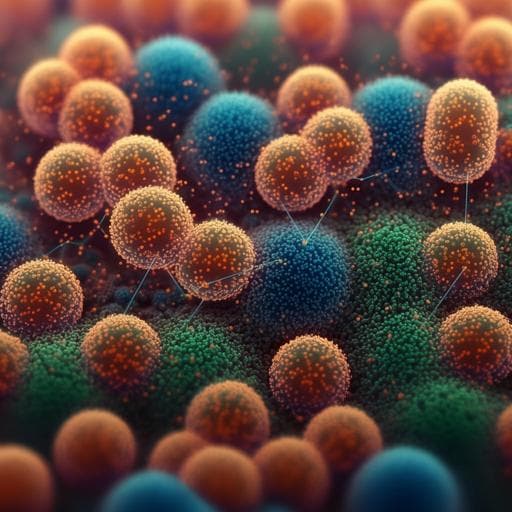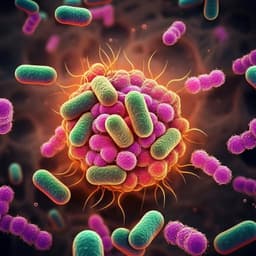
Medicine and Health
The interplay between dietary fatty acids and gut microbiota influences host metabolism and hepatic steatosis
M. Schoeler, S. Ellero-simatos, et al.
Explore how dietary lipids interact with gut microbiota to influence liver steatosis. Research by an accomplished team reveals that poorly absorbed long-chain saturated fatty acids can enhance metabolism and reduce liver fat, with significant microbial involvement. Discover the impact of polyunsaturated fatty acids and the importance of microbial diversity in metabolic health.
Related Publications
Explore these studies to deepen your understanding of the subject.







